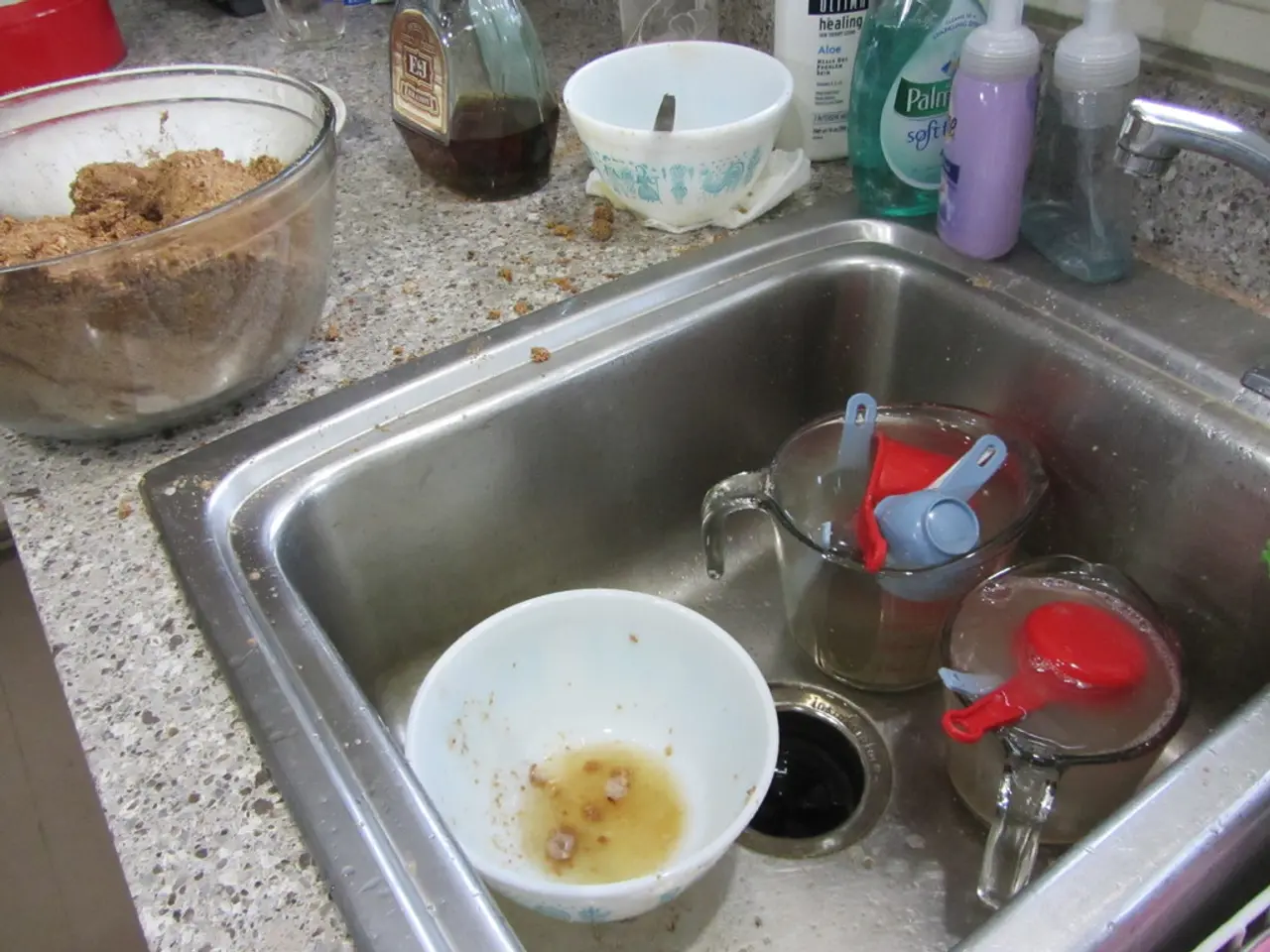Refreshing Viewpoint on Mental Wellness
In today's fast-paced world, it's easy for daily routines to become overloaded, leaving individuals physically and emotionally drained. However, one aspect that should never be neglected is self-care, particularly mental hygiene.
Comparing self-care to personal hygiene can help make it a non-negotiable part of one's routine. Just as we brush our teeth and shower daily to maintain physical health, so too should we prioritise mental hygiene, defined as the science of maintaining mental health and preventing disorders.
Mental hygiene is a critical component of self-care that plays a foundational role in sustaining and enhancing mental well-being. It encompasses practices and habits that help individuals maintain a healthy mental state, cope effectively with life's stresses, and function optimally both personally and socially.
The importance of mental hygiene as self-care lies in its ability to support mental clarity and emotional balance, promote coping and stress management, enhance physical health, facilitate social health and relationships, and improve cognitive functions. Regular self-care practices linked to mental hygiene also elevate self-esteem and optimism, crucial for sustaining long-term mental health.
Developing a self-care routine can be likened to building a habit, requiring patience and persistence. Treating self-care like a consistent habit takes time to develop, but the benefits are undeniable. Self-care should not be second-guessed, but approached with the same regularity as brushing teeth.
Mental hygiene practices contribute to a stable mental state, improving mood and cognitive function. Consistent routines involving sleep hygiene, balanced nutrition, regular exercise, and mindfulness are key to this. Actively investing in supportive social interactions also creates a buffer against stressors and promotes emotional well-being. Being aware of one's mental state and proactively managing thoughts and emotions prevents buildup of psychological distress and allows for healthier responses to adversity.
Seeking help when needed and utilizing resources to address mental health challenges also help maintain and restore mental health when it fluctuates. It's important to remember that missing a self-care step should not lead to guilt or disappointment, but serve as a reminder to start anew the next day.
In summary, mental hygiene as self-care is essential because it fosters resilience, supports emotional and cognitive functions, strengthens social bonds, and contributes holistically to mental, emotional, and physical well-being. Practicing mental hygiene regularly enables individuals to thrive in their daily lives and face stressors with confidence and balance.
Therapists can help individuals implement mental hygiene practices as part of their health-and-wellness routine, providing evidence-based therapy to prevent and manage mental health disorders.
The science of mental health unveils the importance of mental hygiene in maintaining overall well-being, with routine self-care contributing to cognitive functions, emotional balance, and improved mood.
Incorporating activities such as regular exercise, mindfulness, and supportive social interactions into a self-care routine can be scientifically linked to better mental health and enhanced well-being.




